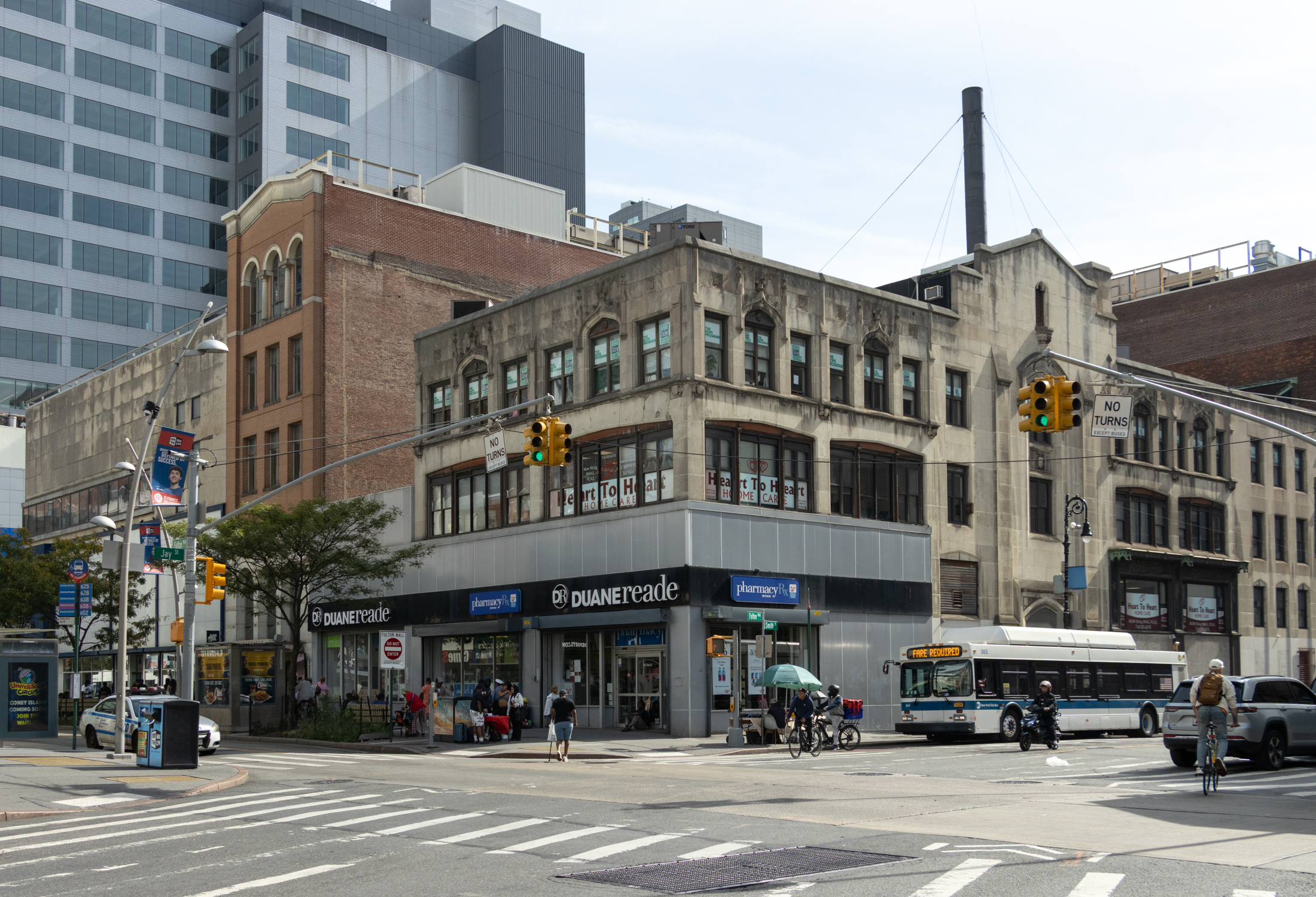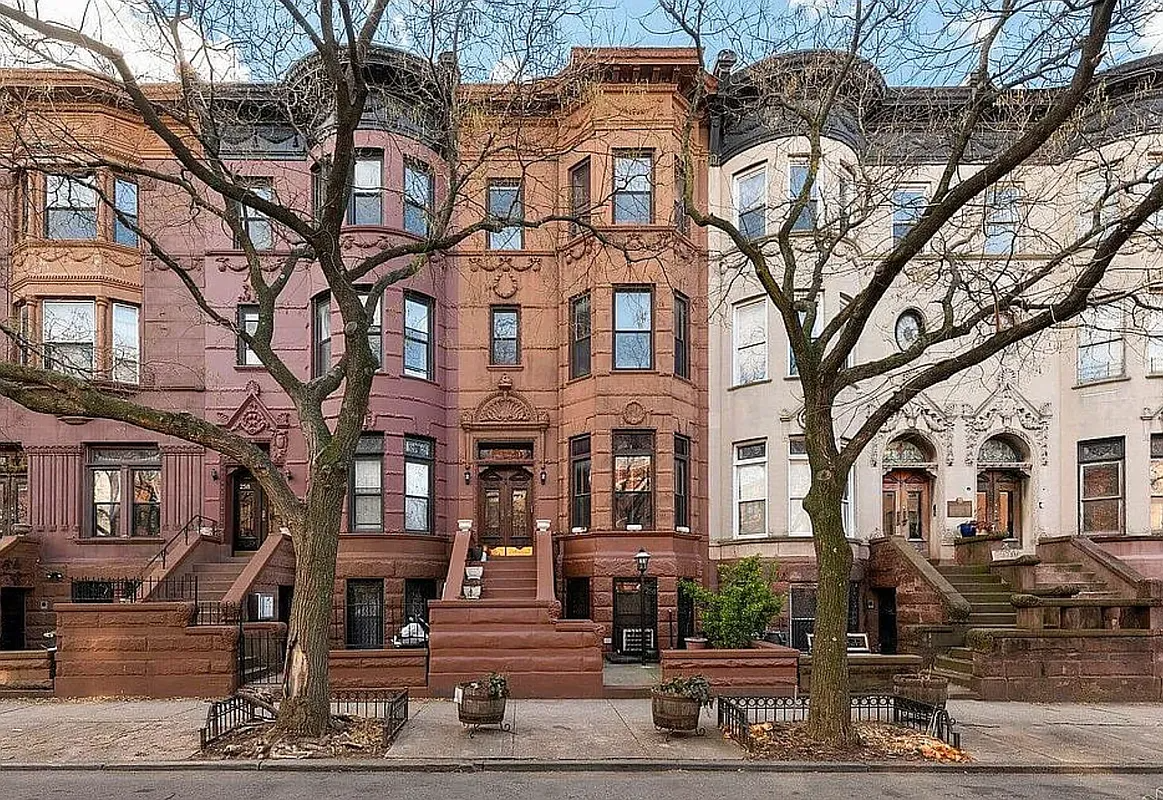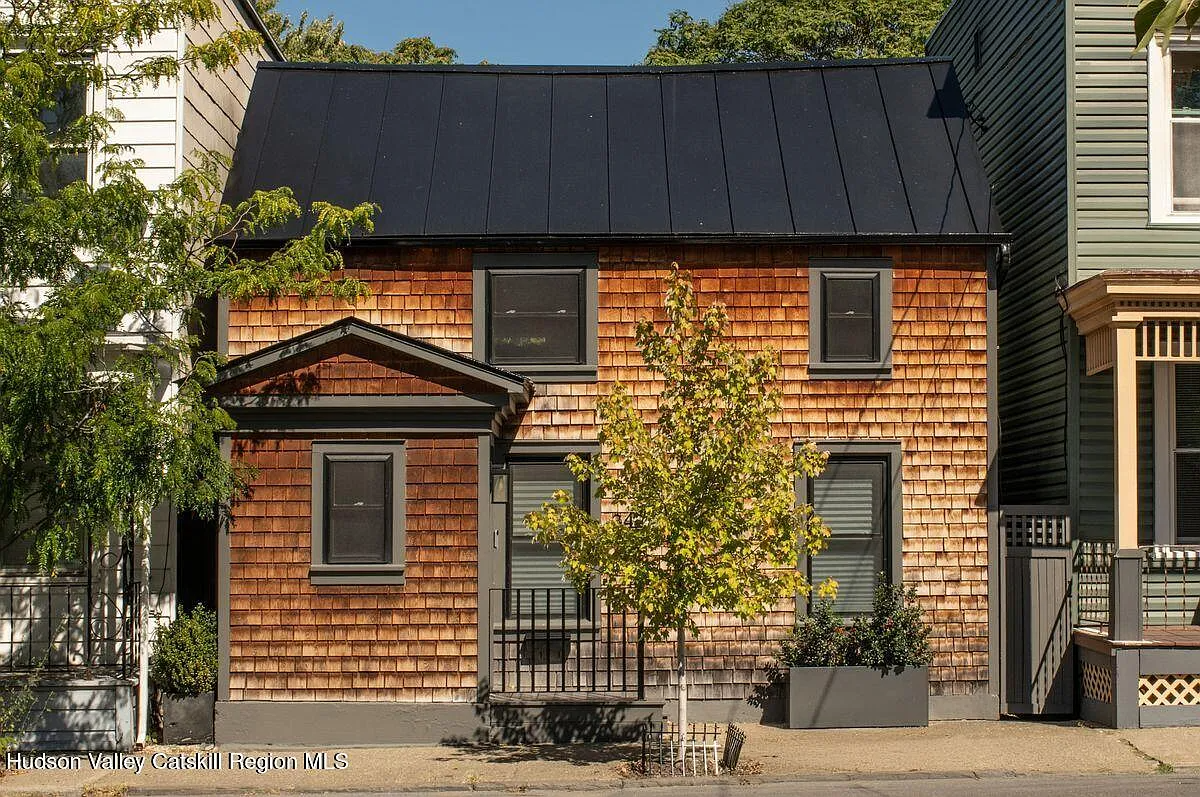Furman Center's State of the City Report: Brooklyn
The Furman Center has just released its State of the City Report for 2008, and there’s some interesting data about how Brooklyn’s residents and housing stock are faring: Housing indicators suggest that the Brooklyn housing market fared relatively well through 2007. In Brooklyn, the only housing type to experience a drop in prices in 2007…


The Furman Center has just released its State of the City Report for 2008, and there’s some interesting data about how Brooklyn’s residents and housing stock are faring:
Housing indicators suggest that the Brooklyn housing market fared relatively well through 2007. In Brooklyn, the only housing type to experience a drop in prices in 2007 was 24 family buildings. Brooklyn has the City’s second most expensive single-family housing stock. Brooklyn was one of only two boroughs to see a rise in new residential building permits in 2007. Home ownership in Brooklyn declined slightly from 32.3% in 2006 to 30.6% in 2007.
Despite its resilience in 2007, Brooklyn may not be immune to the effects of the housing market downturn in the coming years. Lending and foreclosure trends in Brooklyn are much the same as in the rest of the City: the borough experienced declines in all lending activities and increases in notices of foreclosure. Brooklyn had the second highest foreclosure rate of all the boroughs, with 22.4 notices of foreclosure per 1,000 14 family properties in 2007. Brooklyn also had the second highest rate of serious housing code violations: 61.4 per 1,000 rental units.
Here’s one interesting tibit we picked up: Only 17 percent of the housing stock in Greenpoint and Williamsburg is owner-occupied while in Fort Greene and Brooklyn Heights it’s more than 40 percent. Lots of other stats in the Brooklyn section of the report.





I think they are assuming that Wall Street will be back, Snark.
I do believe that also. Greed is one of the 7 deadly sins. It’s in our veins. It’s had a setback, but it’s not gone for good.
People WILL figure out new ways to make money, just like they always have.
Think about all the things we never heard about 10 years ago…Hedge Funds, etc.
Just like Apple comes out with new products every year, Wall Street will do the same…
Benson, are you talking about me, or are you referring to the Mainstream Media? Hope it’s not me, as I try to stay out of these bull/bear discussions, as I know when I don’t know what I’m talking about, and therefore shut up. Right now, I’m grateful I can hold on to my house, forget buying up.
“Wall Street is — was — probably the driving force behind real estate prices and development over the past ten years”
Kind of negates the comment
“New York’s economy is predicted to recover more quickly than the rest of the country”
Benson–the Furman index is inflation adjusted. 4.5% over inflation is completely unprecedented and unsustainable. Shiller shows, and normal market logic demands, that in the long run housing prices do not increase faster than inflation.
So the Furman index implies that current prices are 2.5 times too high — they’ll need to drop more than 50% to revert to trend.
This is may be somewhat overstated, since the base year was a bad year for the City generally. Still, there is nothing in this report to contradict the theory that NYC participated fully in the real estate bubble and that we should expect its prices to drop proportionately.
The easiest way to estimate non-bubble prices while taking into account the improvements in quality of life in NY is to start with rental values. Rentals are less susceptible to bubbles, since people are less willing to pay more to rent today just because they think that rents will be higher tomorrow.
Historically (i.e., before 2001), NYC real estate prices have run about 8-10 times annual rents. That’s enough for an investor to earn a reasonable return — slightly more than mortgage rates — for the risk and work involved. It also means that homeowners, who take a huge risk by concentrating all their net worth in a single asset, are slightly compensated for the risk they take: at those ratios, it is slightly cheaper to own than rent, taking into account the tax subsidy and the fact that downpayments and maintenance are not free.
If prices are higher than this, there is a strong incentive for investors to convert rentals to owner-occupied and/or to build, so normal supply and demand should — over periods of several years — tend to prevent prices staying above this level.
Based on casual observation of rents in the area, it looks to me like the prime areas still have a long way to drop, even if rents don’t drop further. Some of the outlying areas may be getting closer to trend (which doesn’t mean they won’t overshoot on the way down).
“or could it be another major city with similar demographics?”
***
“New York is the only truly 24-hour city in the country and continues, despite the downturn, to be the most international of American cities. There is a constant influx of both foreign capital and nationals, both of which are major players in the real estate landscape. New York’s density and mass-transit system are unique among U .S. cities. Wall Street is — was — probably the driving force behind real estate prices and development over the past ten years,†he says. “New York’s economy is predicted to recover more quickly than the rest of the country, and people will always want to live and do business here.â€
These are not my words (although I agree). Taken from this article…
http://www.nuwireinvestor.com/articles/new-york-city-real-estate-battered-but-not-broken-52686.aspx
“Is there a historical precedent during this time to support a 50% crash in RE prices”
Posted by: benson at March 12, 2009 12:41 PM
Okay, now we are getting somewhere.
Let me ask you this Benson, what would it take to change your mind? Two questions if I may.
Firstly, would it have to be a 50% fall in NY real estate specifically? or could it be another major city with similar demographics?
Secondly, are you happy to stick to your argument of precedence? It’s fine if you are as our expectations are reasonably shaped by past experiences. On the other hand, doesn’t the precedent get reset each time there is a bigger event?
eg if prices never fell more than 5% before then that is the precedent you would cite. Then if prices proceeded to fall 10% then that would be your new baseline for expectations.
Is there any consensus on the decline so far off the peak? Seems like the real data come out with such a time lag that it’s hard to conclude anything until way after the fact.
Have seen falls of 30%-40% from initial asking prices to realized sales prices for some places in Manhattan, but obviously that’s not the same thing…
That’s why the Chicken is a Bear…
No one knows. I’m not trying to convert anyone.
I would be interested to know about inventory levels now compared to past downturns.
From what I’ve gathered and heard, inventory during this downturn is MARKEDLY lower than what it was during the 70’s and 90’s downturns.
Anyone out there have any insight on that?